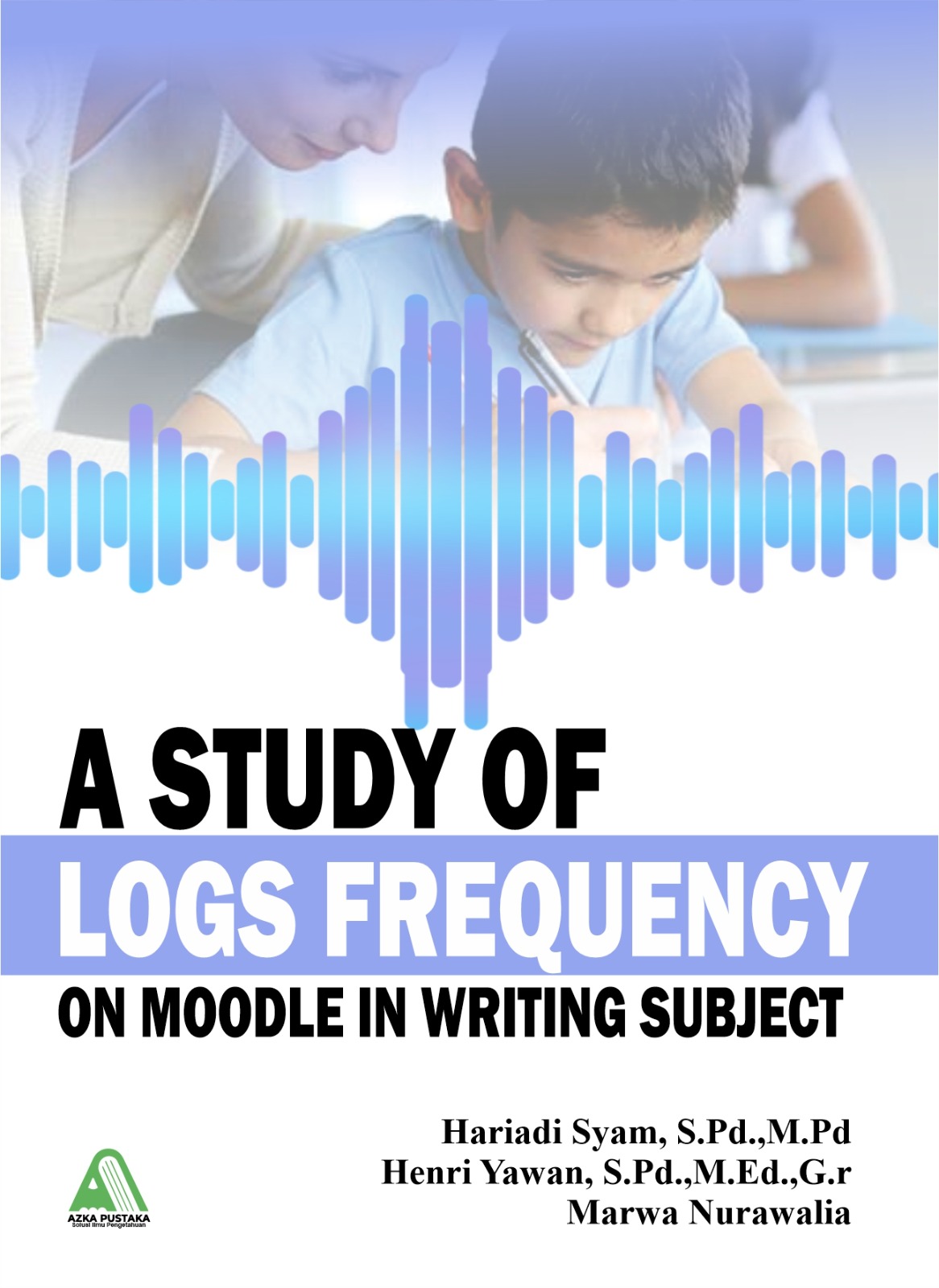Penulis;
Hariadi Syam, S.Pd.,M.Pd
Henri Yawan, S.Pd.,M.Ed.,G.r
Marwa Nurawalia
Jumlah halaman 60
Ukuran Buku; A5 (14,8×21)
Versi Cetak: Tersedia
Versi E-Book: Tersedia
Berat; 0 Kg
Harga: 65.000
Education services must adapt to online learning methods. This change is a challenge for Indonesian education, which must also prepare students to adapt to face the challenges of the era of Industry 4.0. The success of online learning is highly dependent on several integrate components, such as students, educators, learning resources, and the technology use.
Learning is a process built to develop students’ creative thinking (Widodo & Kadarwati, 2013). Meanwhile, the term ‘daring’ is an abbreviation of ‘Dalam jaringan,’ which is the Indonesian substitute of the word ‘online that is often relate to internet technology. The learning process, whether using learning applications or social networking, is call online learning. According to Basilaia & Kvavadze (2020), online learning is the experience of knowledge transfer using video, audio, images, text communication, and software support by internet networks (Zhu & Liu, 2020). The essential factor in online learning is the readiness of educators and students to interact online.
Students with previous online learning experiences tend to have more effective learning strategies when taking online class, and hence, have higher levels of motivation in their online class. In addition, when students have higher levels of motivation in their online class, their levels of technology self-efficacy and class satisfaction increase. Finally, students with higher levels of technology self-efficacy and class satisfaction also earn better final grades.
